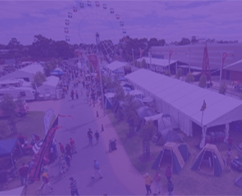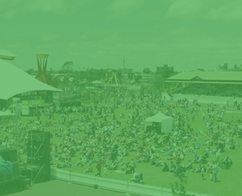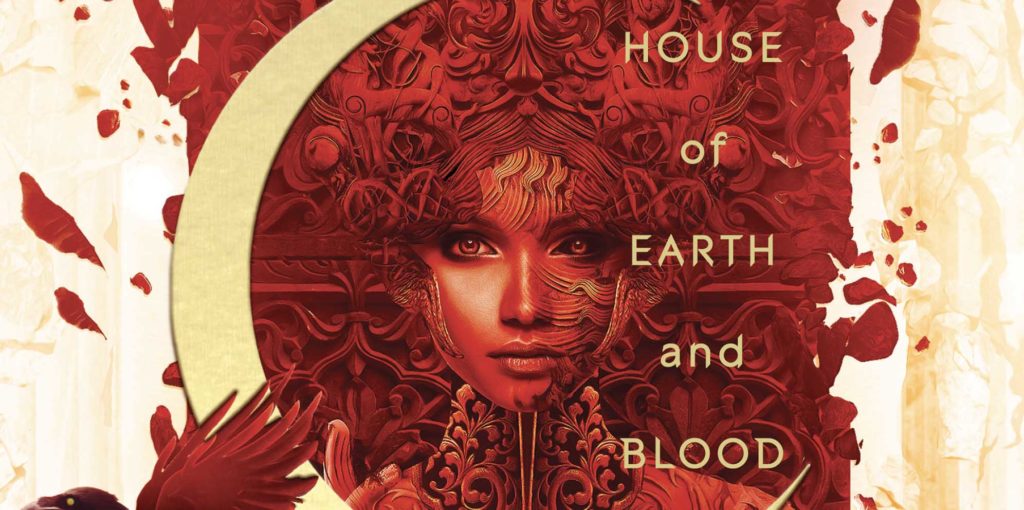
Sarah J. Maas made a name for herself as a master of young adult fantasy with her two series Throne of Glass and A Court of Thorns and Roses. With House of Earth and Blood, the first urban fantasy thriller in her new Crescent City series, she has grown beyond her roots. As well as being a new genre for Maas, this is also her adult debut. Full of excitement, intrigue and steamy romance, House of Earth and Blood was a joy to read. However, beneath the surface lies a deeper message. It is as much a roaring fantasy adventure as it is a deconstruction of privilege, race and the labels we unthinkingly assign to others.
Set in the titular Crescent City, where immortal beings rule as the elite and humans are considered second class citizens, House of Earth and Blood follows the lives of demi-fae Bryce Quinlan and the legendary fallen angel Hunt Athalar. After Bryce’s closest friends are murdered as part of a string of demonic serial murders, Bryce and Hunt reluctantly collaborate to bring the killer to justice. As they dive deeper into their investigation, they realise that the case is far more intricate than they ever anticipated, and they are thrust into a mystery that threatens the very world as they know it.
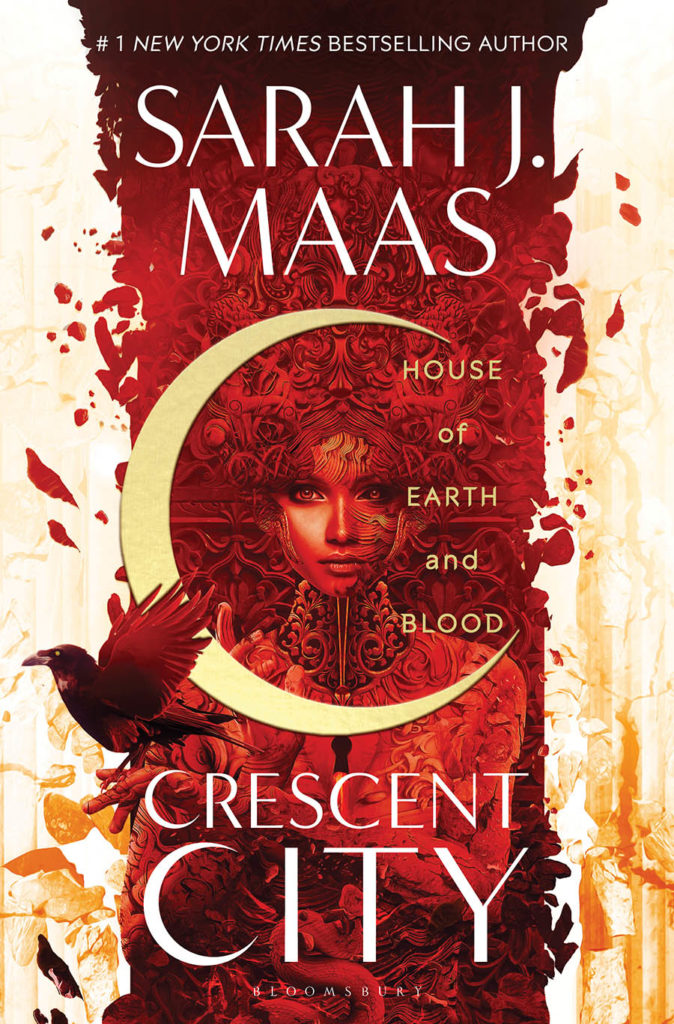 When you have read as many of Maas’ books as I have, you come to know roughly what to expect. To a certain extent, House of Earth and Blood follows expectations: we have our feisty heroine, our moody yet alluring love interest with a tragic past, and several trademark tropes I’m reluctant to discuss lest I spoil anything. And yet at times this book subverts these expectations in ways you would never expect. Maas has never shied away from adult themes, but with House of Earth and Blood she has finally been given the licence to run free. And boy can she run. The book handles heavier themes than her previous works and does so with care and nuance. By contrast there are also laugh-aloud moments of self-depreciating humour that I never expected to see from Maas, and a sprinkling of experimental prose to better reflect certain moods. The combination makes for a rich reading experience.
When you have read as many of Maas’ books as I have, you come to know roughly what to expect. To a certain extent, House of Earth and Blood follows expectations: we have our feisty heroine, our moody yet alluring love interest with a tragic past, and several trademark tropes I’m reluctant to discuss lest I spoil anything. And yet at times this book subverts these expectations in ways you would never expect. Maas has never shied away from adult themes, but with House of Earth and Blood she has finally been given the licence to run free. And boy can she run. The book handles heavier themes than her previous works and does so with care and nuance. By contrast there are also laugh-aloud moments of self-depreciating humour that I never expected to see from Maas, and a sprinkling of experimental prose to better reflect certain moods. The combination makes for a rich reading experience.
This book has an extensive and dynamic cast. The main characters, while somewhat familiar, are well developed and believable, with layers to their personalities that only unfold the further you delve into the book. The reader’s first impression of Bryce is that she is a vacuous party girl, an assumption Maas is quick to confront us with. In truth, Bryce has striking vulnerabilities and as she overcomes her personal challenges, we see an overwhelmingly powerful character develop. Admittedly, there are a lot of supporting characters and it sometimes becomes difficult to keep track of who is who. This becomes easier as the book progresses; by the end everyone has their role to play. However, don’t get too comfortable. This is not a book where you can get too attached to anyone. That said, I may be considering my own engagement to a certain prince.
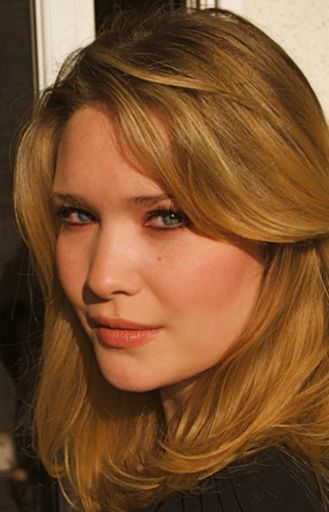 Maas has created a unique world with Crescent City, and as usual her world-building skills are astounding. While the basic world-order is made clear from the start, there are hints sprinkled throughout that there is something darker lingering beneath the surface. Crescent City is gritty, modern and Gotham-esque, which is completely different from the fantasy worlds of Maas’s previous works. It is home to just about any mythical creature you can think of. This is dangerous ground for any writer, and something I rarely see pulled off well, but Maas nailed it. Each of these creatures are severed from their mythology so that her world never strays too close to our own, while avoiding cultural appropriation. You would never expect to see a character like Archangel Micah in the Bible, and yet he could be nothing but an archangel. There are also tantalising hints throughout that allude to a much, much wider world than what we see, but I will leave you to glue those pieces together yourself.
Maas has created a unique world with Crescent City, and as usual her world-building skills are astounding. While the basic world-order is made clear from the start, there are hints sprinkled throughout that there is something darker lingering beneath the surface. Crescent City is gritty, modern and Gotham-esque, which is completely different from the fantasy worlds of Maas’s previous works. It is home to just about any mythical creature you can think of. This is dangerous ground for any writer, and something I rarely see pulled off well, but Maas nailed it. Each of these creatures are severed from their mythology so that her world never strays too close to our own, while avoiding cultural appropriation. You would never expect to see a character like Archangel Micah in the Bible, and yet he could be nothing but an archangel. There are also tantalising hints throughout that allude to a much, much wider world than what we see, but I will leave you to glue those pieces together yourself.
There’s no denying that this is a long book. At around 800 pages it is not something you can easily churn through in an evening. But Maas hasn’t wasted a single one of these pages. Instead, this gives the characters and the immersive world enough room to breathe and develop so that we feel as much a part of the cast as Bryce or Hunt. By the time the first murders take place, we already care enough about the characters to feel Bryce’s sorrow as our own. In the very early chapters, there are times when the world building feels heavy. This is all necessary, however, and the pace quickly picks up.
Once you’ve become accustomed to the world, House of Earth and Blood is snappy and surprising in each chapter. Maas plots her investigation like any of the great crime writers. Even what seems like the most insignificant detail will be brought back eventually, but there are so many twists and secrets to unravel that it is impossible to predict everything. The vivid action plays out like a film, so much so that it is impossible to imagine it not being adapted for screen in the near future. I had a blast being carried along by Maas’s prose, not knowing where she was going to take me, and loving where I ended up.
And of course, it wouldn’t be a Sarah J. Maas book without the romance. Bryce and Hunt’s feelings develop slowly and believably, without a love triangle in sight. If you liked Rowan, you are going to love Hunt. Trust me.
Whether you are already a fan of Sarah J. Maas’s works or simply a fantasy fan looking for something new to read, House of Earth and Blood is definitely worth your time. Fans of Leigh Bardugo’s Ninth House or Benedict Jacka’s Alex Verus series will love this book. It is a masterpiece of an adult debut and sure to become one of the greats of urban fantasy.
‘House of Earth and Blood’ is available now via QBD.





